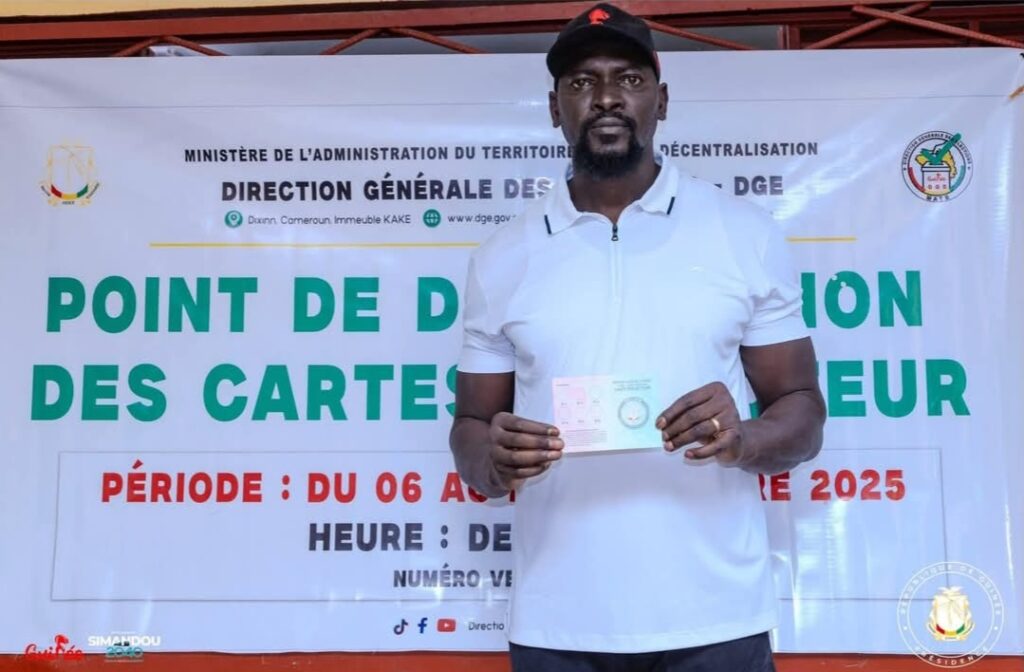
Ofure Akhigbe
Guinea is bracing for a pivotal December, after authorities fixed the 28th as the date for the country’s first presidential election since the dramatic coup of 2021. For many Guineans, the announcement stirs equal measures of anticipation and unease, as the man who once seized power in fatigues now appears ready to swap them for a suit on the ballot.
The decree setting the poll date came only days after a hotly contested referendum on September 21. Official tallies claimed nearly nine in ten voters endorsed a new constitution, with turnout reported at 86 percent. The junta celebrated it as a triumph of popular will. The opposition saw it differently—most parties boycotted the vote entirely, branding it an “electoral masquerade” and arguing the outcome had been decided long before ballots were cast.
At the heart of the controversy is General Mamady Doumbouya. When he marched into Conakry four years ago and toppled long-time president Alpha Condé, Doumbouya assured Guineans he had no interest in clinging to power. “The military’s role is not to govern,” he said then. But the ink on the new constitution tells another story. It stretches presidential terms from five to seven years, renewable once—a framework many believe was designed with Doumbouya in mind.
In the years since the coup, his leadership has drawn mixed reviews. Admirers praise his firm hand and military discipline, crediting him with restoring a semblance of order. But rights groups and critics point to shrinking political space, arrests of dissenters, and a creeping sense that military control is simply being repackaged as democracy.
Now the nation edges toward a decisive vote. Streets in Conakry are abuzz with speculation: Will this election mark a genuine return to civilian rule, or will it confirm what skeptics fear—that Guinea is sliding into a new era of strongman politics, with Doumbouya firmly at its helm?
As the December 28 date approaches, Guinea stands on the cusp of history once again. For a country scarred by coups and contested transitions, the coming weeks may determine not just who leads, but what future Guineans will inherit.
